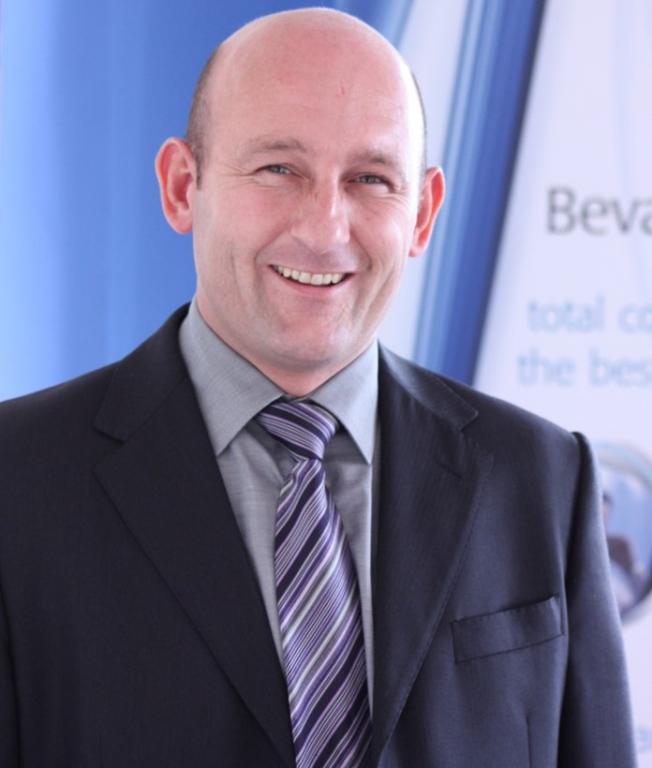Andrew Muxworthy – Business Services Manager
andrew.muxworthy@bevanbuckland.co.uk
01792 410113
Leading Accountancy Practice Sheds Light on the Flat Rate VAT Changes
Announced in the Autumn Statement by Chancellor Philip Hammond, the proposed changes to the Flat Rate Scheme are due to come into effect. As of 1st April 2017, businesses eligible to use the Flat Rate Scheme and classed as ‘limited cost’ will have to account for VAT at 16.5% of their relevant gross turnover. Here established accountancy firm Bevan and Buckland explains how the flat rate VAT changes could affect your small business.
“A ‘limited cost’ business is one which spends less than 2% of its VAT flat rate turnover, or greater than 2% of its VAT flat rate turnover but less than £1,000 per year, on relevant goods. Relevant goods are those which are used exclusively for business purposes, but a number of exclusions apply, which eligible businesses must be aware of to ensure that they are paying the VAT they have to pay,” said Andrew Muxworthy, who has been Business Services Manager at Bevan & Buckland for just over 32 years.
Vehicle costs, including fuel, are not classed as relevant goods under the new Flat Rate Scheme. Businesses operating in the transport sector using its own, or a leased, vehicle are not exempt however. Relevant goods purchases also cannot include food or drink for the business or its staff; capital expenditure goods of any value; goods for resale, leasing, letting or hiring out if the main business activity is not ordinarily the selling, leasing, letting or hiring out of such goods; and goods for re-selling or hiring out, unless selling or hiring is the main business activity.
The new flat rate measures are designed to ensure fairness of treatment for businesses which are considered to be receiving an unfair advantage from the classification and rate they currently use, but who exactly will be affected by the changes?
“Labour intensive businesses will be affected most, particularly those who spend very little on goods. Traders such as IT contractors, consultants and hairdressers will experience an increase in VAT paid as a result. With April fast approaching, planning for such changes is essential. Those whose returns straddle 1st April should split their accounting between the old and new rates. If, in any period, the cost of relevant goods is more than the ‘limited cost’ threshold, the business may use the normal Flat Rate Scheme percentage for that period,” concluded Andrew.
If you would like more information please contact Andrew Muxworthy (Business Services Manager) on 01792 410113 or email andrew.muxworthy@bevanbuckland.co.uk

